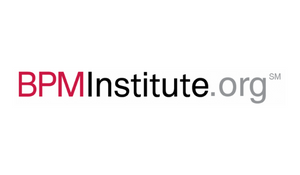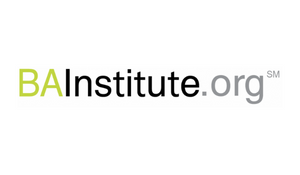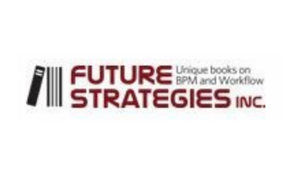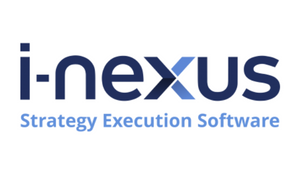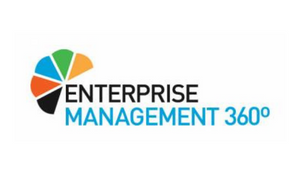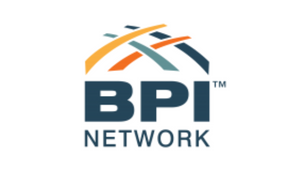

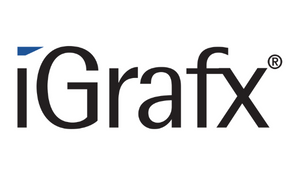
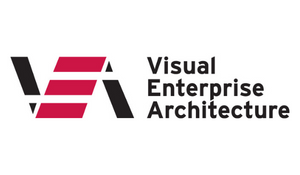
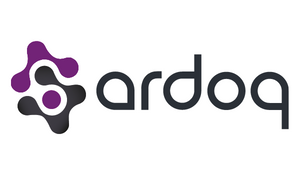
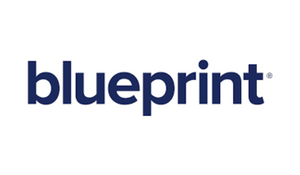


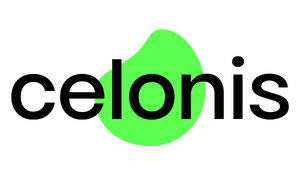
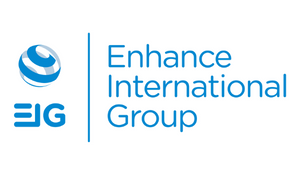
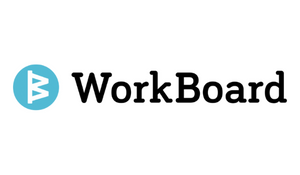
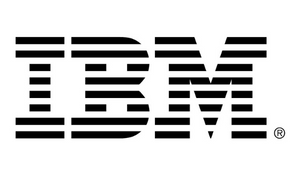
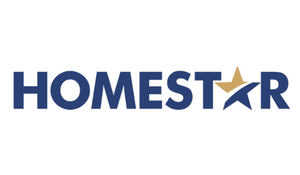

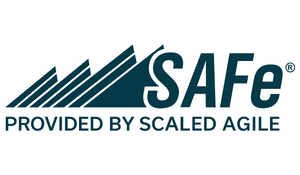
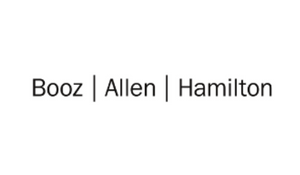
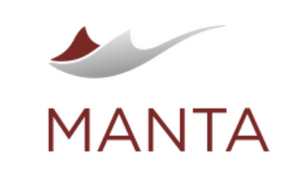
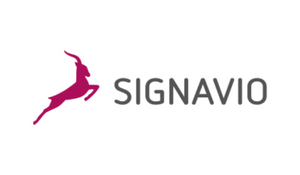


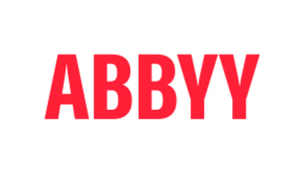
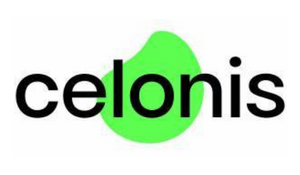
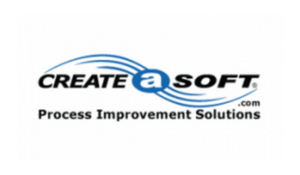
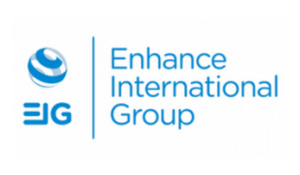
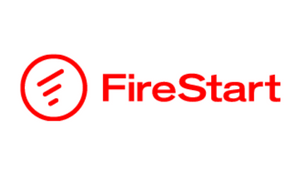


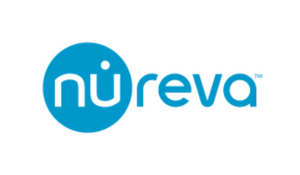
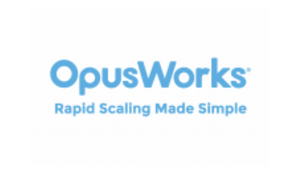

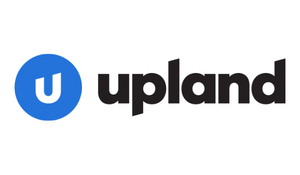
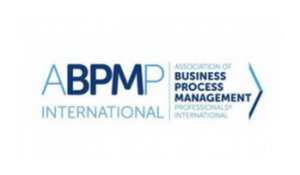
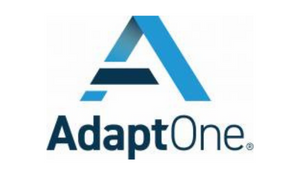
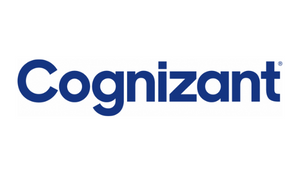
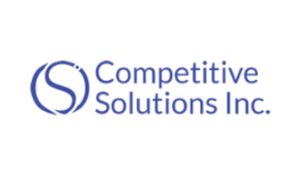
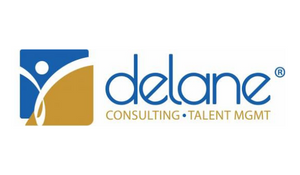
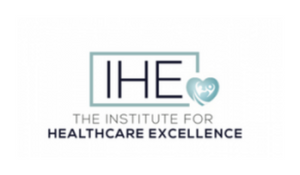
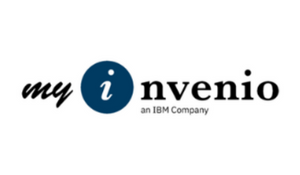
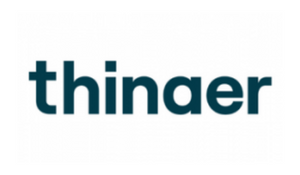
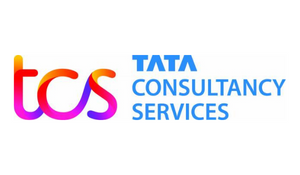
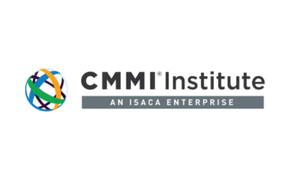
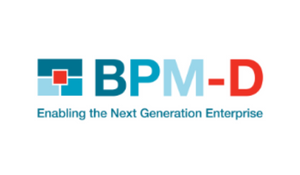

Twila Burdick has written an article on her interpretation of the Global State of Operational Excellence Survey Report - Critical Challenges & Future Trends - 2018/2019. Click here to download the full Survey Report 2018/19.
The Most Comprehensive Study of Critical Challenges and Future Trends within Operational Excellence
With nearly 1000 respondents, 37 insightful questions, detailed analysis & insights from 40 industry thought leaders, and the BTOES Insights executive team, this 130 page report is recognised as the most comprehensive study of critical challenges and future trends within Operational Excellence, and is considered a key resource for the industry. Areas covered include:
The Critical Operational Excellence Challenges faced by executives.
The Current Scope of Operational Excellence.
How is Operational Excellence success measured?
Key Findings & Roadblocks.
What are executives focusing on over the next 12-18 months?
What have been the greatest developments?
What are the key drivers pushing change in Operational Excellence?
Industry Perspectives.
Small, Medium & Large Corporation Perspectives.
Detail Analysis & Insights from BTOES Insights Executive Team.
Detailed Analysis & Insights from 40 Industry Thought Leaders.
Analysis of key themes, including Cultural Transformation, Customer Delight, Sustaining an Operational Excellence program, Need for end-to-end Business Transformation, Keeping up with new technologies/impact of digitalization and Leadership Buy-in & Understanding.
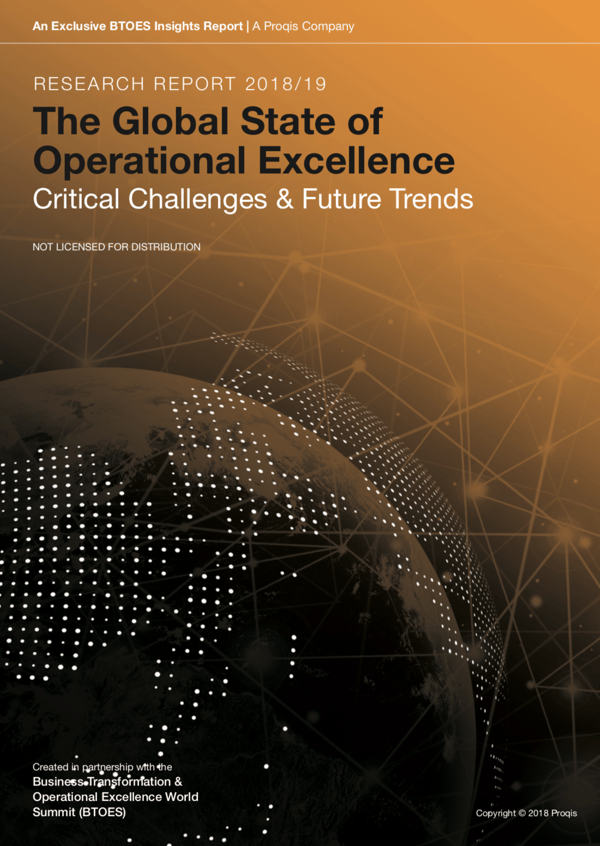
Complete form to access Report now

Improving the Reliability of Care and the Healthcare Culture
As in the past, this year’s “The Global State of Operational Excellence” report provides an insightful snapshot of the issues facing organizations committed to reliably executing business strategy in pursuit of delighting their customers better than their competitors. It is no surprise that changing company culture is at the top of the list, with 53.1% of the respondents identifying it as their most critical challenge. Click here to read the full Survey Report 2018/19.

While changing culture is a problem for all industries, healthcare faces some unique challenges.
Clinical care delivery is labor intensive with many people involved in performing different interdependent functions with a key role being that of the physician. Click here to read more Articles on The Global State of Operational Excellence: Critical Challenges & Future Trends - Research Report 2018/19.
Physicians are highly trained professionals who make diagnostic and treatment decisions, exercising individual professional judgement. This dependence on individual autonomy and performance, a deep cultural assumption, makes care reliability--doing the right things right—very difficult.
Healthcare has a profound effect on individual pain and suffering and because of that and its cost, there is significant interest in understanding how healthcare can be transformed. Researchers have been studying change efforts that have worked and what has made them successful.

Health care researchers in 2016*presented a conceptual framework for analyzing the adoption of innovations in healthcare based on emerging implementation science identified four attributes that influence the adoption of innovations:
external environment
characteristics of the organization
characteristics of the innovation such as the quality of evidence
implementation process
In 2017**, social scientists reviewed a large-scale healthcare delivery improvement, the Michigan project to reduce central line infections, and concluded that the results could be attributed to implementing an evidence-based checklist along with cultural change as described by Dr. Peter Pronovost, “creating clinical communities and influencing peer norms”. He said that changing clinical practice required both technical and adaptive factors, “the science must be robust, yet it must address values, beliefs, and attributes of the groups involved”, underscoring the importance of culture.

Banner Health
Banner Health, a regional healthcare provider consisting of more than 25 hospitals and other services with corporate offices in Phoenix, Arizona, assessed the healthcare environment and made a strategic decision to improve clinical care reliability. Recognizing the pivotal role of physicians in clinical decision making, it asked doctors to apply “evidence” from clinical research to care practices. An improvement process referred to as “Define-Design-Implement” (as shown below) provided a framework for the implementation.
Physicians were asked to join and lead multi-disciplinary Clinical Consensus Groups (CCGs) organized by medical specialty (e.g., obstetrics, emergency care). Members of CCGs met regularly and identified “evidence-based practices”. Drawing on their training as scientists, CCG members read journal articles, consulted with professional societies, and met with colleagues to “define” the clinical conditions and their appropriate treatment. This part of the process focused on doing the right thing.

"Design", simulation and implementation
Following agreement, clinical practices went through a “design” step to be sure that the details of what needed to be done could be put in place, including supplies, clinical automation, staff training, and more. Whenever possible, computerized decision support aids were developed to assist physicians with their diagnosis and treatment decisions, rather than asking them to rely solely on memory. The design process was led by engineers with expertise in how processes can best be efficient and effective. After design was completed, it was tested in a simulated environment or onsite to ensure that the design made it possible to do things right.
After the design was tested, it was “implemented” according to a detailed plan that allowed for time to train people at the front lines and communicate the changes broadly.

Metrics for performance
To close the loop, metrics for performance were monitored by the CCGs. This included leading and lagging indicators, that were automatically generated by clinical technology systems whenever possible. Issues identified could then be addressed whether they were related to individual performance or the system design.

Physician autonomy
This effort was led by the organization’s Chief Medical Officer, a senior officer who was part of the senior management team. His involvement in the work demonstrated the organization’s commitment to physicians. He also ensured that resources to support the CCGs were put in place, adding skills related to process engineering, project management, data analysis, and informatics.
Because physician autonomy has been such an important part of the clinical care delivery culture, the development and implementation of consistent clinical practices across the organization was a significant, tangible change. Physicians in the CCGs demonstrated that they wanted to improve care for all patients by applying the best science available even when it meant changing their own practice, a powerful example for their colleagues as well as for other clinical disciplines. Clinical automation enabled evidence-based care delivery. This new way of “acting” led to a different way of “thinking” about clinical decision making, changing the culture of clinical care.
Banner’s success in reducing clinical variation with this approach took place over several years with documented improvement results in a number of areas. More than 20 CCGs with more than 200 clinicians as members were formed and structures and resources to support the work were put in place.

Clinical Research
The clinical improvement research cited earlier provided a lens to review Banner’s experience with clinical reliability. Banner’s technical approach included defining clinical standards based on clinical research, designing delivery processes according to engineering principles, and implementing and monitoring progress on an ongoing basis. It addressed cultural factors by engaging clinical decision makers in the process, honoring their clinical expertise, and supporting their ongoing work. The importance of the external environment that is pushing for improvement along with the internal structures and resources was recognized. The integrity of changes based on clinical research was key as well-trained clinicians found it hard to argue against the evidence and the engagement of the physicians in the overall implementation was vital.
Changing culture in every industry will continue to be challenging, but the Banner experience demonstrated that in healthcare, improvement in clinical care is possible and barriers to change created by the culture can be addressed, an important lesson learned.
Want to learn more? Download the full Report.

About the Author
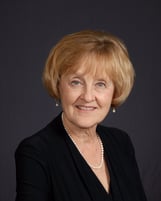 Twila Burdick
Twila Burdick
Vice President (retired) Organizational Performance, Banner Health
Twila Burdick served as the Vice President of Organizational Performance in the Care Management division of Banner Health, a leading integrated accountable healthcare organization meeting the health needs of residents in six western states through its hospitals and academic medical centers, clinics, urgent care centers, and more. Banner has been recognized as one of the country’s “Top Health Systems”, and also as having a “Top Leadership Team” in recent years. She was based at Banner’s corporate headquarters in Phoenix, Arizona and worked across the entire organization.
She is a fellow of the Healthcare Information Management Systems Society (HIMSS) and has published and presented at numerous national and regional conferences about work done at Banner. She was co-principal investigator for an Agency for Healthcare Research and Quality (AHRQ) patient safety project, working with a research team from Arizona State University. Check out her LinkedIn page.
Prior to her retirement in 2017, she provided leadership for the Care Management Division and directly oversaw Case and Quality Management, Clinical Outcomes Analysis, Process Engineering, Clinical Informatics and several systemwide Care Management teams.
She holds a Master’s Degree in Business Administration from the University of Montana.

References:
* Fisher ES, Shortell SM, Savitz LA. Implementation Science – A Potential Catalyst for Delivery System Reform. JAMA. 2016;315(4): 339-340.
* Henig, Robin Marantz, “The Hospital Checklist: How Social Science Insights Improve Health Outcomes”, From Research to Reward, National Academy of Sciences, February 2017.

BTOES is the industry’s biggest and best, senior-level, cross-industry gathering of Business Transformation & Operational Excellence industry leaders and senior executives.
It also hosts the Business Transformation & Operational Excellence Awards, which showcase globally the most outstanding organizational achievements through the application of Operational Excellence programs.
The summits hosts a number of private forums for C-Level & Global corporate-level leaders as well as business unit heads.
With over 150 speakers, over 100 sessions, 12 Keynotes, 9 Track Themes, 5 parallel tracks, 60+ track sessions, 50 roundtable discussions, 20 Interactive Workshops, 6 Thought Leader Panels, 5 Leaders Boardrooms, 5 co-located events, the Industry Awards Program, Site Visits, 20+ hours of social networking including 2 gala cocktail parties, dinners, numerous group activities, this is the ultimate event to benchmark, network and drive Operational Excellence to the next level.
Quick Links
There is a strong focus on Cultural Transformation, Customer Delight, Sustaining an Operational Excellence program, Need for end-to-end Business Transformation, Keeping up with new technologies/impact of digitalization and Leadership Buy-in & Understanding. We dedicated two tracks to advanced technologies, such as AI, Machine Learning, RPA, Predictive Analytics, Blockchain, Cloud infrastructure etc.
The agenda is designed to encourage active meaningful conversations though all day enhanced networking and interaction opportunities, including
All-day Refreshment & Themed Breaks
1¼ Hour Hot Breakfast Networking Sessions
1½ Hour Hot Plated Networking Lunches with Topic & Industry Sector focussed tables
1½ Hour Roundtable Sessions by Topic & Industry Sector.
Keynote & Themes Panel Sessions
Hosted Welcome Receptions from 5.30pm
Expanded more lavish Awards Program
Newly launched Night Summit for attendees to meet after dinner
For more information or to discuss the summit in more detail please schedule a call below,
Click here to schedule a call.
View our schedule of industry leading free to attend virtual conferences. Each a premier gathering of industry thought leaders and experts sharing key solutions to current challenges.
View Schedule of EventsWelcome to BTOES Insights, the content portal for Business Transformation & Operational Excellence opinions, reports & news.
------------------------------
Full-length speaking sessions from the Business Transformation & Operational Excellence World Summit, accompanied by featured articles from the Speakers themselves.
-------------------------------
-------------------------------------------------------
Search for anything
Insights from the most progressive thought leaders delivered to your inbox.
Insights from the world's foremost thought leaders delivered to your inbox.
Being a hero is all about creating value for others. Please invite up to 5 people in your network to attend this premier virtual conference, and they will receive an invitation to attend.
If it’s easier for you, please enter your email address below, and click the button, and we will send you the invitation email that you can forward to relevant people in your network.
View our schedule of industry leading free to attend virtual conferences. Each a premier gathering of industry thought leaders and experts sharing key solutions to current challenges.
View Schedule of EventsWatch On-Demand Recording - Access all sessions from progressive thought leaders free of charge from our industry leading virtual conferences.
Watch On-Demand Recordings For FreeDelivered by the industry's most progressive thought leaders from the world's top brands. Start learning today!
View All Courses NowThe premier Business Transformation & Operational Excellence Conference. Watch sessions on-demand for free. Use code: BFH1120
Watch On-DemandInsights from the most progressive thought leaders delivered to your inbox.
Insights from the world's foremost thought leaders delivered to your inbox.
Being a hero is all about creating value for others. Please invite up to 5 people in your network to also access our newsletter. They will receive an invitation and an option to subscribe.
If it’s easier for you, please enter your email address below, and click the button, and we will send you the invitation email that you can forward to relevant people in your network.
Courtesy of Nintex Pty's Paul Hsu, below is a transcript of his speaking session on 'Improve employee productivity during and post-COVID by ...
Read this article about HP, Best Achievement in Operational Excellence to deliver Digital Transformation, selected by the independent judging panel, ...
Read this article about BMO Financial Group, one of our finalists, in the category Best Achievement in Operational Excellence to deliver Digital ...
Read this article about Cisco, one of our finalists, in the category Best Achievement of Operational Excellence in Internet, Education, Media & ...


